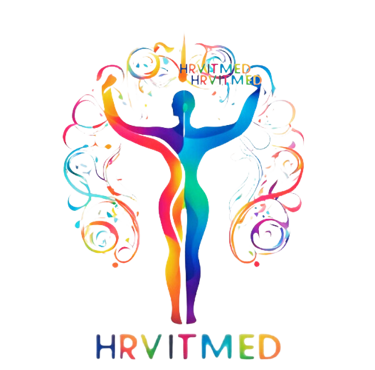Common Symptoms Veterinarians Can Diagnose with Stethoscopes
10/2/20241 min read


Understanding the Importance of Auscultation
Auscultation, the act of listening to the internal sounds of an animal's body, is a vital diagnostic tool for veterinarians. By utilizing a stethoscope, veterinarians can identify a variety of symptoms that indicate underlying health issues in pets. Understanding these symptoms can help pet owners seek timely assistance, ensuring their furry friends receive the care they need.
Key Symptoms Identified Through Stethoscopes
There are several common symptoms that veterinarians can spot by carefully listening to a pet’s heart and respiratory sounds. One of the primary concerns is abnormal heartbeats or murmurs. Healthy hearts should have a steady rhythm; any irregularity can signify conditions such as heart disease or congenital defects.
An increased respiratory rate or labored breathing is another critical indicator. By noting the sounds of the lungs, a veterinarian can diagnose various respiratory problems, including asthma, bronchitis, or even fluid accumulation in the lungs. This information is crucial as it guides the veterinarian's treatment plan, which might include medications or further diagnostic tests.
Detecting Gastrointestinal Issues
Auscultation is not limited to respiratory and cardiac evaluations; it is also beneficial for gastrointestinal health assessments. Abnormal gut sounds can indicate digestive issues such as obstructions or infections. If a veterinarian hears reduced or absent bowel sounds, it might suggest conditions that require immediate attention.
In summary, a vet's stethoscope serves as a powerful tool in diagnosing a range of symptoms through auscultation. By recognizing early signs of potentially severe health issues, pet owners can act swiftly and effectively to ensure their beloved pets receive the necessary veterinary care. Understanding the significance of these common symptoms not only empowers pet owners but also enhances the overall health and well-being of their animals.
© 2024. All rights reserved.
